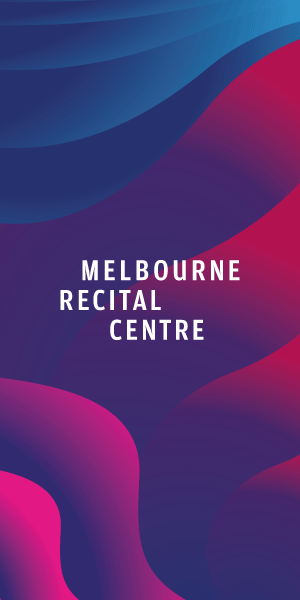Get students back in early 2022: Council
The City of Melbourne has called for a “substantial return” of international students in time for the 2022 academic year and urged upper levels of government to show leadership on the issue.
The council said state and federal governments had adopted “a generally conservative approach” to planning for international student arrivals and argued planning for next year should “commence immediately”.
Prior to COVID-19, almost four in 10 CBD and Carlton residents were international students.
However, Australia’s strict border policy throughout the pandemic has seen that figure decline.
A report presented to councillors at a September 7 Future Melbourne Committee meeting concluded that overseas students’ return would prove crucial not only for tertiary insinuations, but the many businesses that rely on their presence within the Hoddle Grid.
“The return of international students is critical for the city’s recovery in the short to medium term,” the report stated.
“Melbourne’s economy will benefit from international students returning: not just directly in the higher education sector, which has had massive job losses since Australia closed its borders, but also from the flow-on economic benefits of student spending in areas such as housing, food and services.”
After unanimous support from councillors, the City of Melbourne will work with key figures in the international education sector.
Its task will be to push state and federal governments for a “strong return of international students to Melbourne in time for the 2022 academic year”.
Lord Mayor Sally Capp will also work with other capital city Lord Mayors in a joint advocacy effort aimed at securing a national plan.
Other states had already raised the possibility of international students returning before the end of the year.
A NSW plan to allow entry to 250 students per fortnight was paused in June at the onset of the state’s prolonged lockdown period.
However Treasurer Dominic Perrottet said they could return to the plan in November.
Similarly, the South Australian government has flagged international students would soon become part of a home quarantine trial.
Yet at the time of publishing, the Andrews government was yet to release plans to the tertiary sector in Victoria.
The council’s education and innovation chair Davydd Griffiths said it was important to advocate for a specific return date — in this case early next year.
“That obviously isn’t far away, and we need to ensure that it is a meaningful and realistic target that we can achieve,” he said.
“It’s important to have some timeframes and clear goals to aim at.”
Cr Griffiths said that the importance of international students should not only be expressed in economic terms.
“[They are] important for a whole range of reasons; for institutions … for the life of the city, [but] also for individual students themselves. And that, at the heart of everything we’re talking about, when it comes to international students is the most important thing, because we’re talking about human beings. And we need to ensure that our city does all it can to make it the very best place for them to study.”
His deputy in the education portfolio, Cr Phillip Le Liu, acknowledged that the council’s influence on the this issue was limited.
“There’s not many levers the City of Melbourne can pull,” he said.
“The federal government control visas, the state government control the education part. But we really are the closest government to the people … for us, the advocacy is really important and that’s why we’re doing everything we can.”
In July, Melbourne was ranked the sixth-best student city in the world by university ranking group QS, down from third in the previous rankings of 2019.
The University of Melbourne 2020 Annual Report found that last year there were 21,243 international students enrolled, marking a decline of 10.5 per cent.
The loss of international students, mainly from China, Malaysia and India, cost the university $200m in revenue in 2020.
A University of Melbourne spokesperson said they were making every effort to work with governments to help facilitate travel when it is deemed safe for students to come to Australia.
“We recognise that the last 18 months have been challenging and students based overseas face difficult circumstances with ongoing uncertainty regarding border restrictions and travel,” the spokesperson said.
“The university have also actively planned initiatives to support this cohort, including a new one-off $4000 grant and a special welcome pack to help ease the burden of travel costs and support our international students in getting settled and connected in our local community.” •
Caption: Melbourne Univeristy has been a ghost town for the better part of two years.

Residents win fight to save laneway from development in East Melbourne







 Download the Latest Edition
Download the Latest Edition